
Peptic ulcers are open lesions or sores in the lining of the stomach or the duodenum. The symptoms of peptic ulcer include abdominal pain, nausea, vomiting, bloating, weight loss due to loss of appetite and sometimes blood in feces. Diet plays a big role in relieving and curing peptic ulcer and it generally aims to avoid irritation and overproduction of gastric acid.
Treatment for peptic ulcer
The diet itself can relieve the symptoms of peptic ulcers and prevent their aggravation, but it cannot prevent or cure the ulcers on its own. However, an appropriate diet is a significant part of any peptic ulcer treatment program.
In the past it was believed that peptic ulcers were caused mainly by improper diet and stress, but today many medical experts believe that it may be caused by the Helicobacter pylori, which causes inflammation that can lead to formation of the ulcer.
Therefore the treatment for peptic ulcers mainly consists of oral antibiotics that aim to kill the bacteria. However, a carefully controlled diet plan is always prescribed along with the antibiotics.
What is not allowed?
Peptic ulcer diet plan recommends avoiding foods that can cause flare-up of the ulcer and aggravate the symptoms. Such foods include carbonated sodas, caffeine-rich beverages, foods high in saturated fat and in sodium, spicy and hot food, whole milk dairy products (except for yogurt, which is allowed), green vegetables, dried fruit, nuts, tomatoes, citrus fruits, berries and fruit juices.
Nicotine in any form and alcohol too are better avoided.
Generally, the food should be as lean as possible, with just a little salt, pepper and vinegar. Saturated oils should be replaced with olive oil and other cold pressed oils. Getting plenty of fiber is also very important.
Tips for peptic ulcer diet
Food should be divided into several smaller meals instead of few large ones. It is recommended to eat small meals five or six times a day and to avoid overeating. Resting for a while after meals is also beneficial. The last meal should be eaten three hours before bedtime.
The food should be eaten slowly and thoroughly chewed.
Fiber is very important in this diet and it should come from fresh fruits and vegetables, however, green vegetables and citrus fruits are to be avoided.
All foods should be lean, low in fat, not deep-fried or covered with fatty condiments.
People who have peptic ulcer should refrain from habits like smoking, drinking alcohol, drinking coffee, coffee-based beverages and desserts, tea and chocolate.


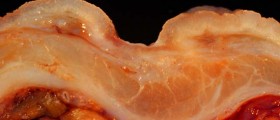
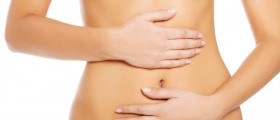

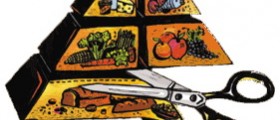
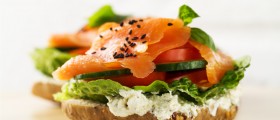
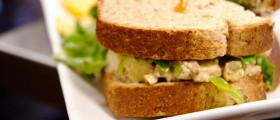

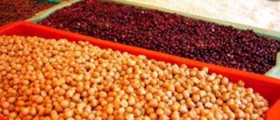

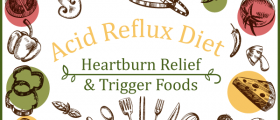
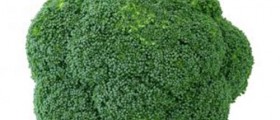
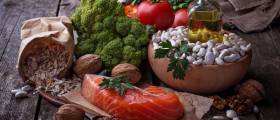

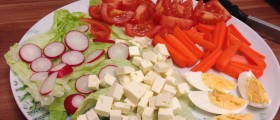
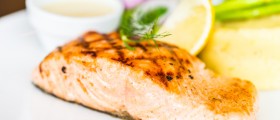
Your thoughts on this
Loading...